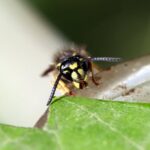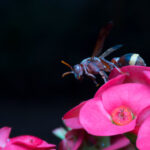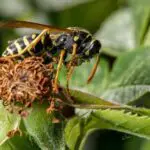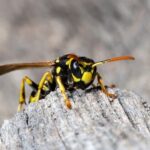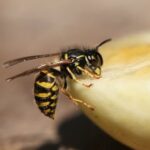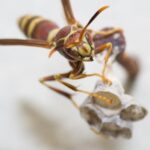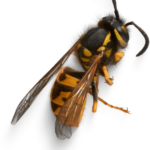Wasps and Hornets Pollinators
Unlike their fuzzy bee cousins, wasps aren’t particularly efficient at pollinating plants. Instead, they’re primarily interested in nectar and protein from pollen. They also eat insects and other creatures. In some cases, they can be beneficial predators.
A large proportion of wasps are parasitic. This means that their larvae eat their host’s body from the inside out. In crop agriculture, this makes these parasitic wasps useful pest controllers. Some species have been found to be pollen vectors.
Other wasp species eat nectar and other plants. Some of these wasps pierce the base of the flower to access its nectar. Others simply carry pollen grains across plants without hairs. In some cases, they’re able to transfer pollen while feeding. Depending on the species, the amount of pollen transferred is a factor in pollination success.
A pollen wasp is a unique species. It’s a member of the subfamily Masarinae. These wasps have long mouthparts and an internal storage mechanism. They are able to collect and temporarily store pollen in their bodies. The nests they build are sealed with a mud plug. These nests are often made of weathered wood.
Unlike bees, wasps don’t build hives. Their nests are often made in bushes, sheds, fences and window frames. The nests are used by the queen to lay eggs. The nests also contain food for the young larvae.
While wasps aren’t as efficient at pollinating plants as bees, they’re crucial to plant pollination. They’re also important predators and natural pest control.

